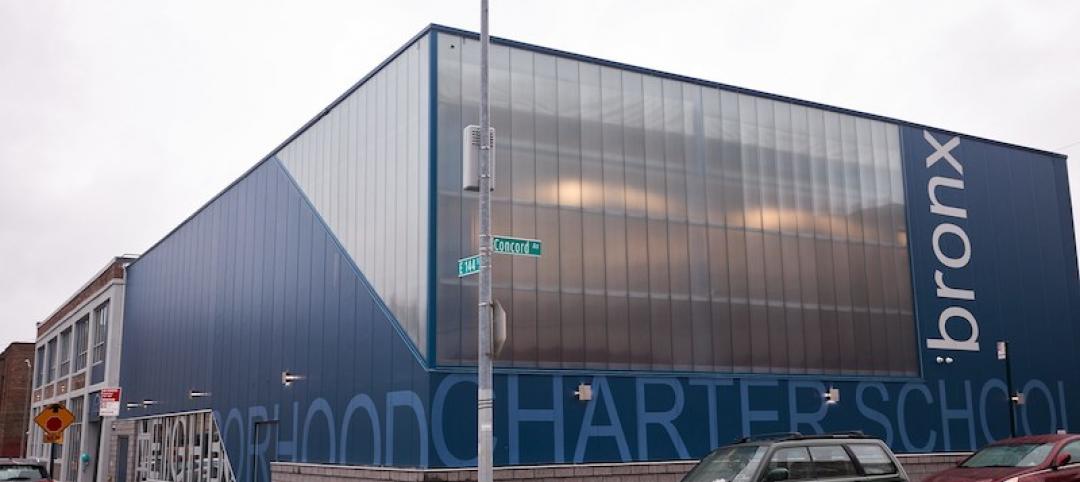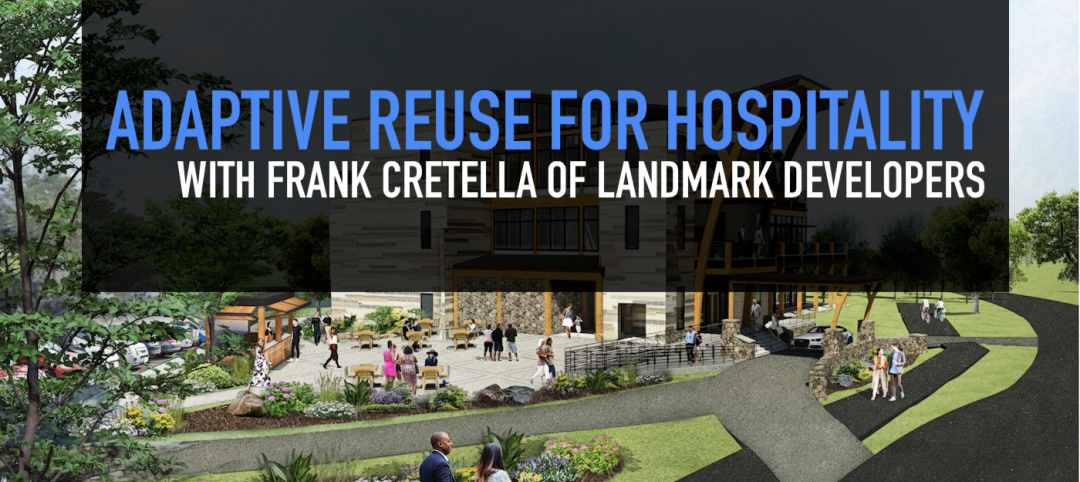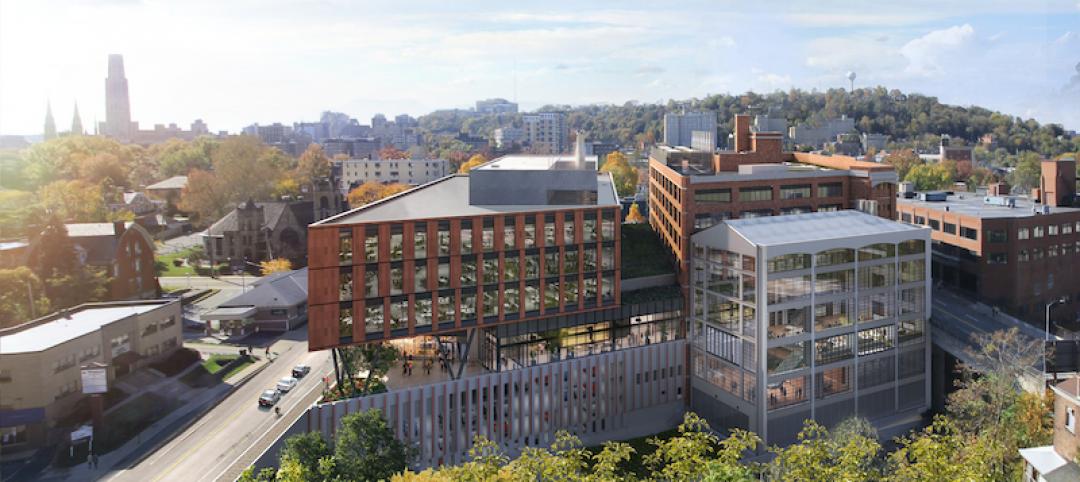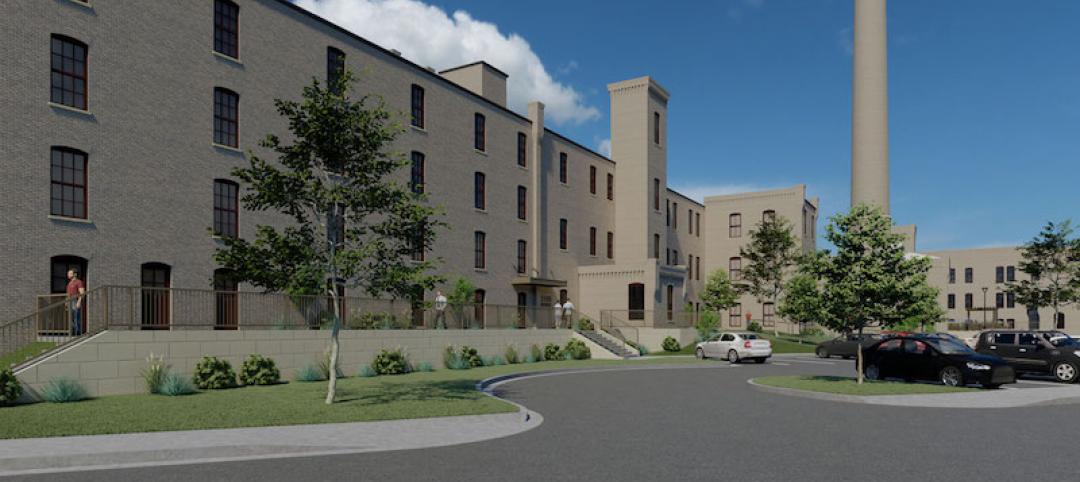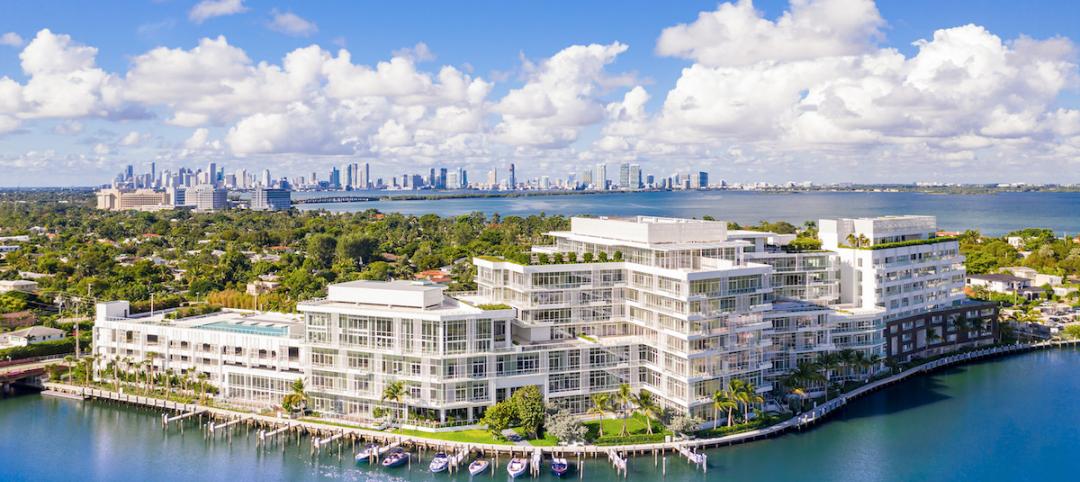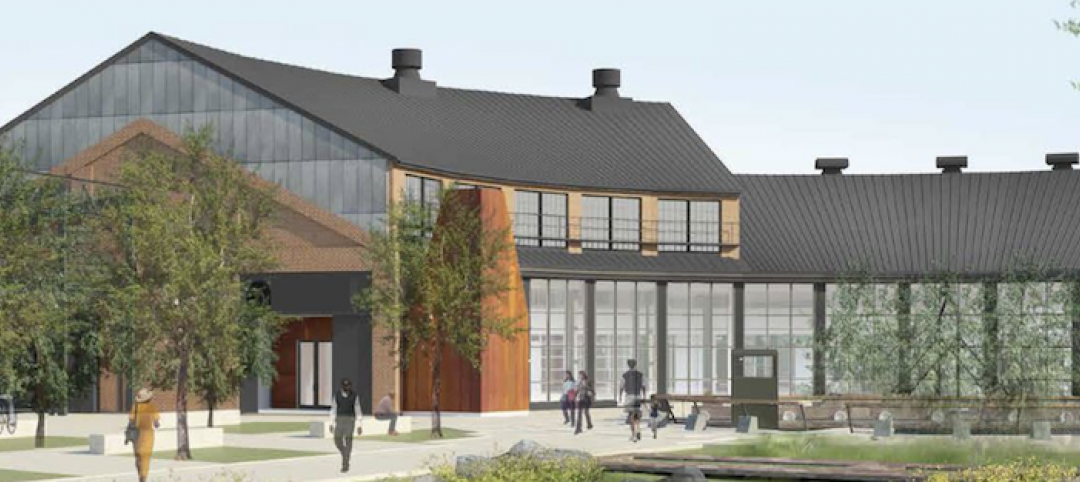There’s a national housing shortage, both market rate and affordable housing. At the same time there’s a large supply of empty office space and underutilized—and closed—hotels across the country. Owners and developers are increasingly examining the viability of commercial to residential conversions as a solution to both problems.
Hotels and office buildings present distinctly different factors to consider when evaluating the feasibility of potential residential conversion opportunities.
Issues with Hotel-to-Residential Conversions
Hotels have a distinct floorplan compared to office buildings that makes hotel-to-residential conversion more practical and less costly. Systems such as water and waste lines are already in place and can usually be relatively simple to modify them in converting a hotel building to apartments units. As a result, a hotel conversion project can be completed faster and at a lower cost than converting an office building to residential.
Hotel conversions are not without challenges. “While some underutilized hotels are located in city centers, other potential conversion candidates are in less desirable locations next to airports or off major highways far from residential communities—factors that can suppress the value and appeal of residential conversions,” said Chris Walker, Planning and Community Development Project Manager, Aufgang Architects.
These issues can be of less concern in converting hotels to affordable or supportive housing rather than market rate.
RELATED: Massachusetts launches program to spur office-to-residential conversions statewide
Walker was on the Aufgang team that designed the residential conversion of the 36 year old former JFK Airport Hilton Hotel in Queens, the first hotel-to-residential conversion in NYC.
The shuttered 350-key hotel was converted to the new Baisley Pond Park Residences, a 100% affordable, 318-unit multifamily building offering supportive services to low-income and formerly homeless families and individuals. The Baisley Pond Park Residences was developed by Slate Property Group and the nonprofit RiseBoro Community Partnership.
Issues with Office-to-Residential Conversions
Office buildings are usually located in city centers where many people work, with close access to public transportation, increasing their appeal as residential units, thus making them attractive to developers for conversion.
However, office-to-residential conversions often present design challenges that can be costly to address. Office buildings, despite large windows not commonly used in residential design, usually have deep footprints which deprive interior spaces of access to sunlight and outside air.
This can be overcome through innovative design, such as creating an open core or atrium through the height of the building. Also, elevators, stairways and systems such as water risers are usually centrally located in the cores of office buildings, requiring adding risers and lines to each new apartment unit, which increases conversion costs and lengthens construction time.
About Aufgang Architects
Established in 1971 Aufgang Architects is a certified New York City and New York State Minority Business Enterprise. In the past 22 years the firm has designed and consulted on more than 20 million sf of built space, including over 14,000 units of affordable housing.
Related Stories
Adaptive Reuse | Aug 25, 2021
The first net-zero hotel in the U.S. is nearing completion in Connecticut
Solar arrays will provide the electricity for the Hotel Marcel, whose name recalls the building’s original designer.
Adaptive Reuse | Aug 13, 2021
Developers are repositioning vacant space as charter schools
Transwestern is working with the National Alliance of Public Charter Schools to provide a turnkey solution.
Hotel Facilities | Jun 18, 2021
Adaptive reuse for hospitality, with Frank Cretella of Landmark Developers
In an exclusive interview for HorizonTV, Landmark Developers' President Frank Cretella talks about the firm's adaptive reuse projects for the hospitality sector. Cretella outlines his company's keys to success in hospitality development, including finding unique properties and creating memorable spaces.
Adaptive Reuse | Jun 2, 2021
An old Ford factory in Pittsburgh is being adapted to become a biomedical research facility
This is the latest step in the city’s post-industrial resurgence.
Adaptive Reuse | Apr 15, 2021
The Weekly Show, Apr 15, 2021: The ins and outs of adaptive reuse, and sensors for real-time construction monitoring
This week on The Weekly show, BD+C editors speak with AEC industry leaders from PBDW Architects and Wohlsen Construction about what makes adaptive reuse projects successful, and sensors for real-time monitoring of concrete construction.
Adaptive Reuse | Feb 24, 2021
Adaptive reuse project brings co-living space to Los Angeles’s Hancock Park
Lorcan O’Herlihy Architects is designing the project.
Adaptive Reuse | Feb 14, 2021
Three adaptive reuse projects will add housing in Wisconsin
Historic tax credits helped pave the way, but preservation required creative solutions.
Multifamily Housing | Jan 20, 2021
Abandoned Miami hospital gets third life as waterfront condo development
The 1920s King Cole Hotel becomes the Ritz-Carlton Residences Miami in the largest residential adaptive reuse project in South Florida.
Adaptive Reuse | Dec 17, 2020
A train engine repair building is turned into an innovation center that’s part of a massive riverfront redevelopment in Pittsburgh
The adaptive reuse of the Roundhouse is the latest step forward for Hazelwood Green.
Adaptive Reuse | Oct 26, 2020
Mall property redevelopments could result in dramatic property value drops
Retail conversions to fulfillment centers, apartments, schools, or medical offices could cut values 60% to 90%.





